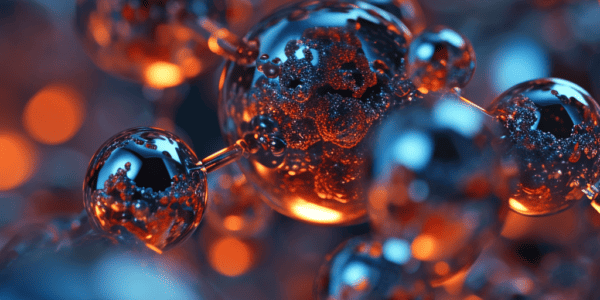High-Salt Diets Linked to Increased Risk of Eczema, Study Finds
Recent research suggests a potential link between high-salt diets and an increased risk of developing eczema, also known as atopic dermatitis. A study found that for every 1-gram increase in daily sodium excretion, the odds of eczema flare-ups increased by 22%. High salt intake was associated with an 11% higher risk of severe eczema, while following recommended guidelines reduced the risk by 12%. Reducing dietary sodium intake could be a cost-effective intervention for managing eczema, according to researchers.
High Salt Consumption and Hypertension Leading to 10,000 Daily Deaths in WHO European Region
Cardiovascular diseases are claiming the lives of 10,000 people every day in the WHO European Region, with men being more frequently affected than women. A recent report from WHO/Europe has highlighted the alarming levels of salt consumption and uncontrolled high blood pressure contributing to this health crisis. Implementing targeted policies to reduce salt intake by 25% could potentially save around 900,000 lives from CVDs by 2030.
Consumer Reports Raises Concerns About Sodium and Heavy Metals in School Lunch Lunchables
Consumer Reports raises concerns about high sodium levels and the presence of heavy metals and chemicals in school cafeteria versions of Lunchables. The petition to remove Lunchables from school lunch programs highlights the need for greater scrutiny of the nutritional content of school foods.
Sodium-Ion Batteries Gain Attention as Sustainable Alternative to Lithium
As the demand for sustainable power sources rises, sodium-ion batteries are gaining attention as a more environmentally friendly alternative to lithium batteries. With lower water and energy requirements for production, and easier recycling, sodium-ion batteries are being deployed by energy companies worldwide, signaling a potential shift away from heavy reliance on lithium.
Study Reveals Chemical Bonding Responsible for Sodium’s Transformation Under High Pressure
A recent study led by the University at Buffalo has shed light on the chemical bonding responsible for sodium’s transformation from a shiny metal to a transparent insulator under high pressure. This transformation, which occurs deep below the Earth’s surface…





